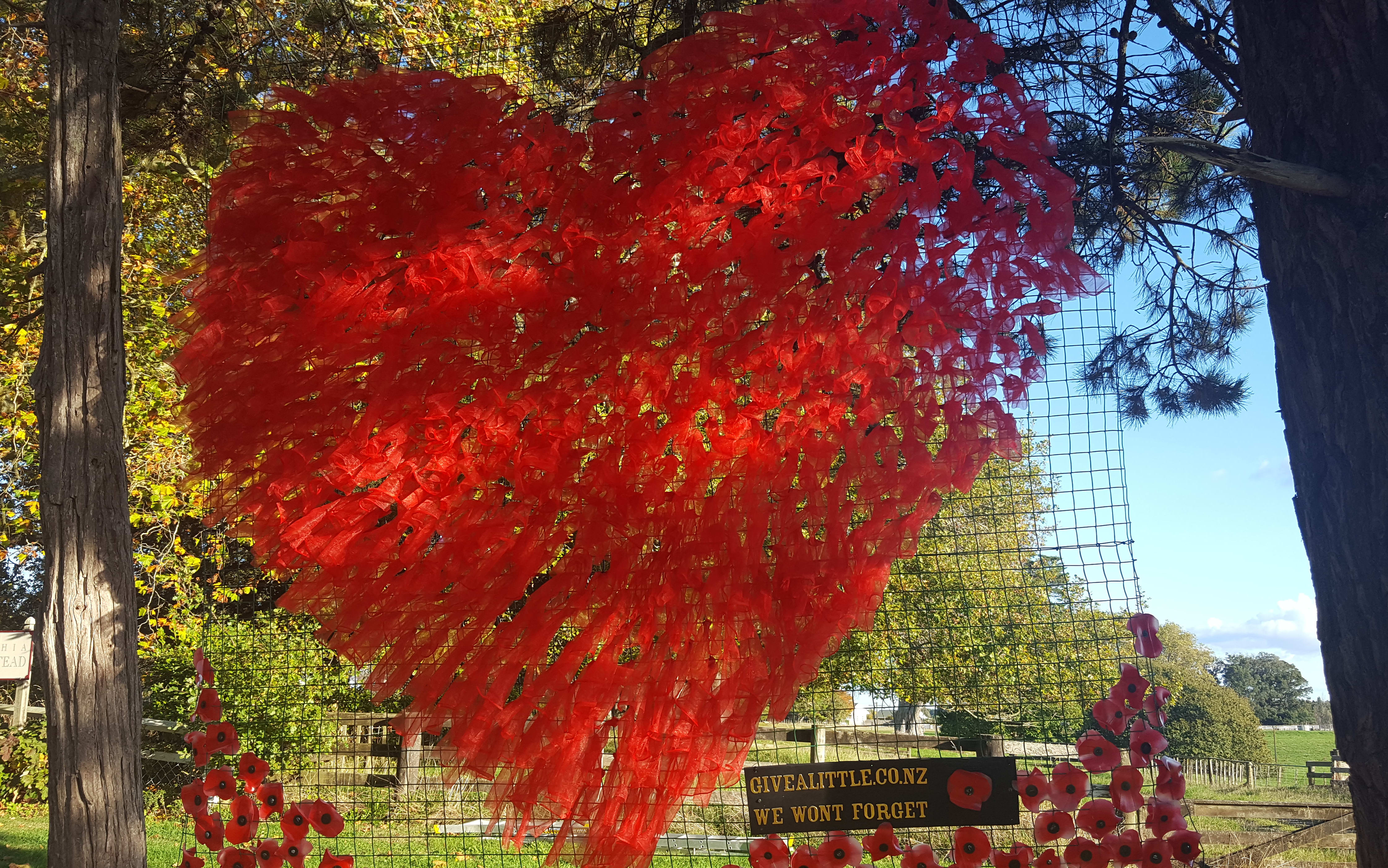
Photo: Susan Murray
The far north had the best rain since September/October on Saturday night, 33 millimetres fell, as well as 16 about a week ago and another 9 yesterday and growth rates are superb. The consultant we rang says he has a small river on his place which has just started to run but had been dry for 40 days. He says a lot of dams are set to be cleaned out - they are pretty much empty so it's a good time to attend to them but says it's been prompted by farmers almost running out of water in the drought this year . He says he's cleaned out a couple of dams on his place, and because of it, he'll double the capacity in one and increase the other by 20 percent.
Around Pukekohe, 25mm of rainfall last weekend followed by calm fine and mild weather has been excellent for keeping crops and grass growing. The conditions have suited most vegetables which have got away to a good start before winter. Irrigation equipment however hasn't been retired just yet.
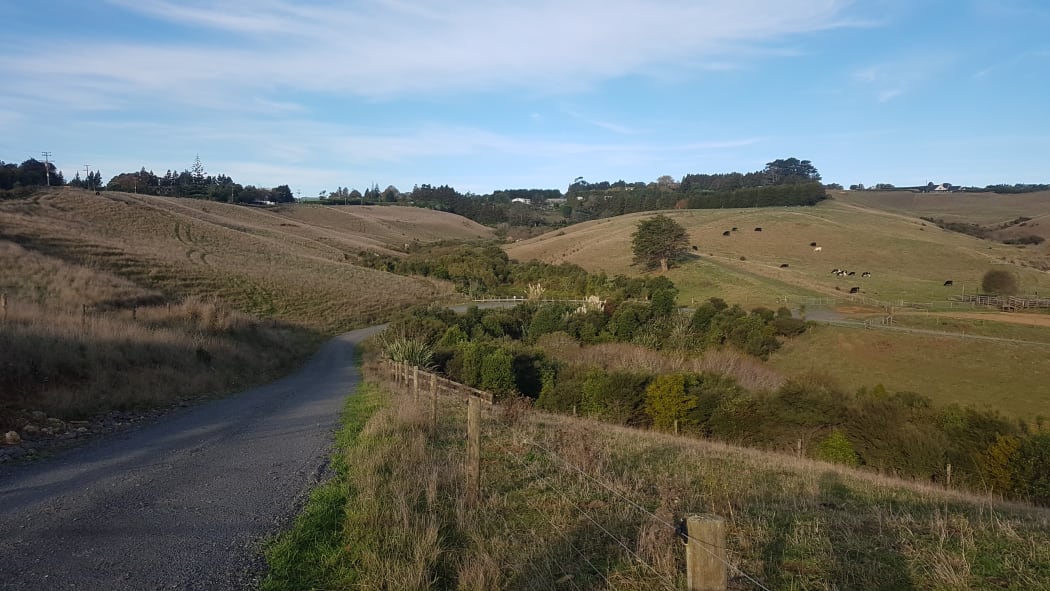
Photo: supplied
Waikato has had foggy mornings and beautifully fine, warm days. One rural couple has been very busy in the run up to ANZAC Day crafting a large red heart filled with poppies made, in part, from milk bottle tops - they've put it at their gate to promote the Givealittle page 'Lest We forget'.
In Bay of Plenty, despite all the changes to cope with covid 19, kiwifruit packhouses are running at 90 percent of their normal capacity - which is a real relief to everyone in the industry. Fruit is flowing through well with no disruption from weather. The gold crop pick is ahead of last year.
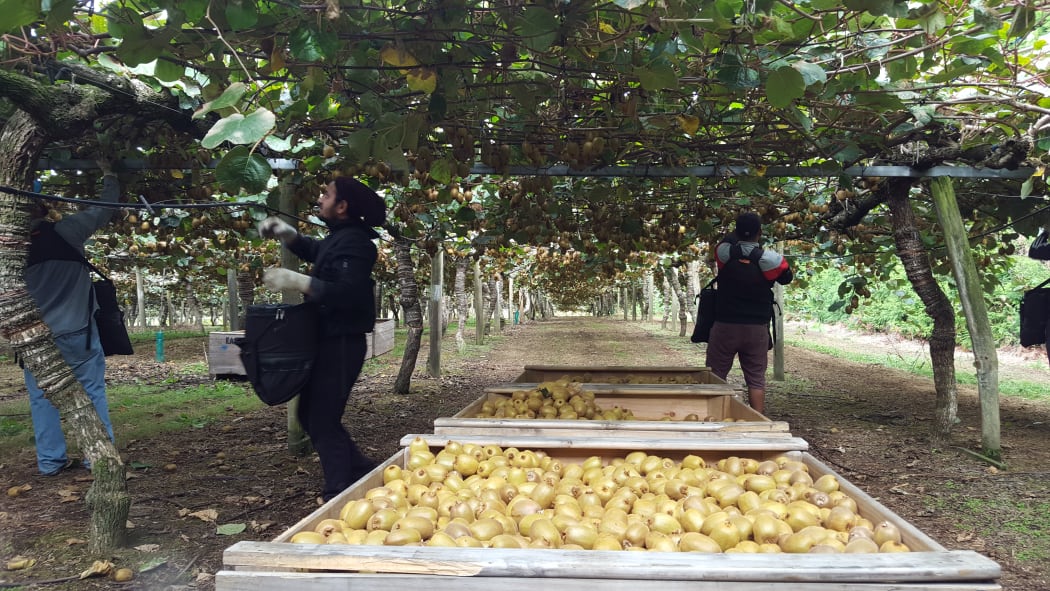
Physical distancing in kiwifruit orchard Photo: Susan Murray
Taranaki has had some reasonable rain since Easter - 30 to 100 millimetres depending where you are, so pasture growth graphs are showing a spike. Where it had been particularly dry, farmers have been making the sensible decision to pull the plug on milking two to three weeks earlier than usual. They're ok with that because milk production's been similar or an improvement on last season already and the payout is good.
Across the island and Gisborne desperately needs rain. The satsuma mandarin harvest has just kicked off.
A long time ag consultant in Hawkes Bay says the region is as 'dry as a chip' and conditions are 'shocking'. A little rain three weeks ago created a tinge of green but that has now burnt off and the landscape is back to brown and grey. Farmers can't get rid of stock. He says one client put a whole lot of cattle on the market in February and said he'd take what ever price he was offered but still has 60 percent of them left on the farm. It's a stressful time. Farmers are buying in what ever feed they can including grain which they are also feeding to sheep. The best tool they usually have to get through is to put on nitrogen to boost pasture - but without moisture it's no use.
In Manawatu, the region's seen 45 millimetres of rain for the week but there have been a string of fine days . The dairy farmer we spoke to says one morning felt like a slight frost when he got up to milk the cows. Feed levels are looking good, and production is ahead of last year.
In Wairarapa, the dry period is over. The region saw a good amount of rain last week and the weather has been beautiful since. The grass is absolutely bolting out of the ground and the fertiliser trucks are busy trying to keep up with demand. Beef farmers are finishing off pregnancy testing and dairy farmers are making the most of the new feed. Our contact says it's refreshing to see farmers and growers with a positive outlook again.
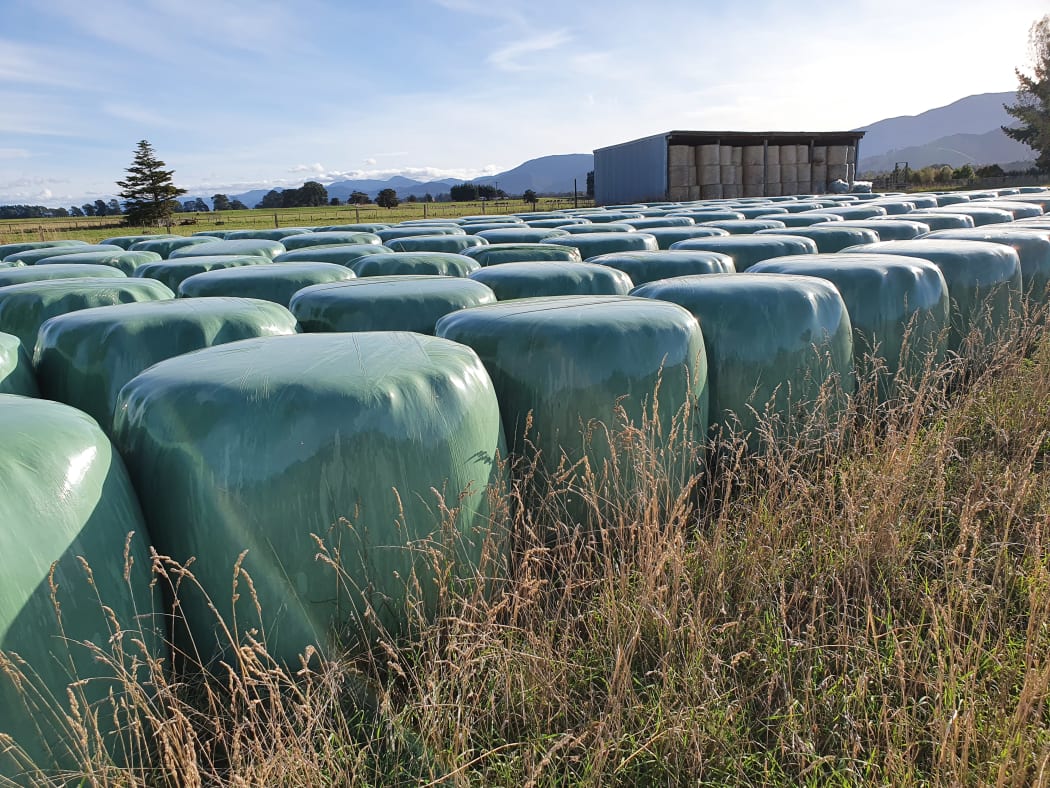
Photo: RNZ/Sally Round
Heading across the Cook Strait, the Nelson hop harvest has been a great success this year. A grower at Tapawera says production is up more than 35% on last year, partly because of the young hop plants maturing and also good weather through summer. Marketing and selling hops worldwide will be more complicated with trade slowed down by the Covid 19 virus.
A Marlborough Sounds farmer says there's been just enough rain to grow pasture for finishing lambs. A truck and trailer load with 570 of his lambs went away on Tuesday after quite a wait and another unit load is booked to go within the next two weeks. Prices have eased a bit though. Rams are running with the ewes and are in good order. Cattle-wise, he says calves are still with their mothers, 50 two-and-a-half-year old steers are waiting for processing space and with a herd of 18-month-olds on-farm too, the land is well stocked-up. Still in the Sounds, greenshell mussels are being harvested quite slowly because of Covid 19 working restrictions and that's having a big impact on mussell growers' cash flows.
Canterbury's had a fantastic week of weather with above normal temperatures and no frosts. A farmer says he thought he could turn off the irrigators last week but they're back on again as the weather forecast is at least another week of dry, warm conditions. Getting prime and store stock off farm remains an issue as meat processors operate at reduced throughput and that continues to put pressure on feed levels on farms
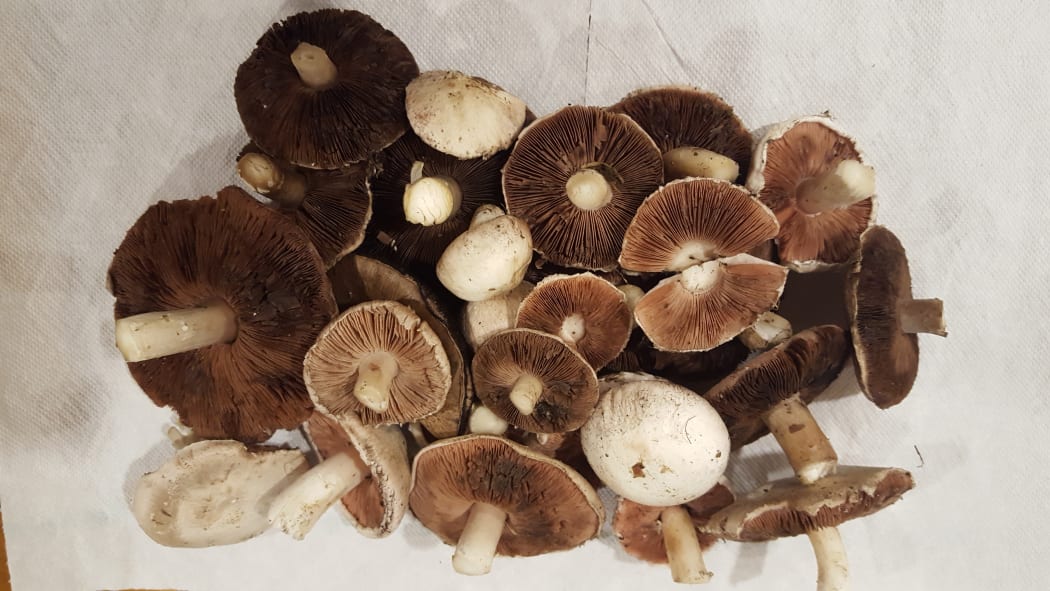
Photo: Susan Murray
A Grey Valley dairy farmer on the West Coast says things are plodding along quite nicely on farm. Even though milk production's holding up he's about to switch to once-a-day milking to make it easier on the girls. It's been wetter that it's been for a while but paddocks are still firm under hoof. His herd pregnancy testing results have come back with an empty rate of 14 percent. Lower that last year but he was hoping for better.
Covid restrictions mean there's a long wait to get shearers, fencing contractors and diggers and drivers in South Otago. Our contact in Balclutha says it's frustrating as he really needs to get maintenance work done before winter sets in. Not much he can do though. A lot of farmers still have thousands of lambs on farm - normally at least half should have been processed at the works. It's the same with cattle. 40 millimetres of rain last week has kept grass growth ticking along nicely - good timing with the ram out and about with the ewes. Winter crops are looking average at best this year.
Coastal Southland's been mild with a few showers. It's been dry so any moisture's welcomed. Our contact at Waimahaka predicts his steers, bulls and cull-cows will be on farm for at least an extra two months which will really eat into his supplementary feed reserves. Supplementary feed like palm kernel and baleage is at a premium due to the lingering drought up north and a lack of quality grass in Southland. Milk-wise, the cows are still doing 16-hour-a-day milking but soon they'll move to once a day until the end of the season.

